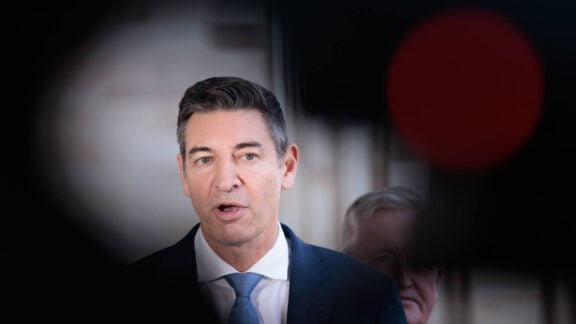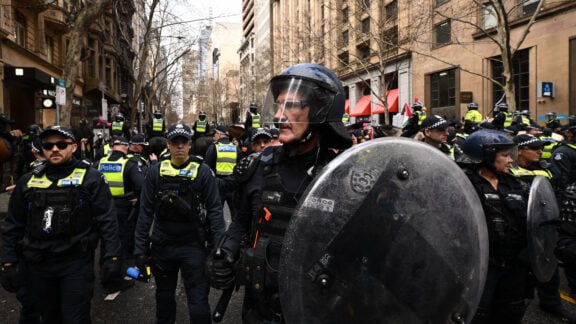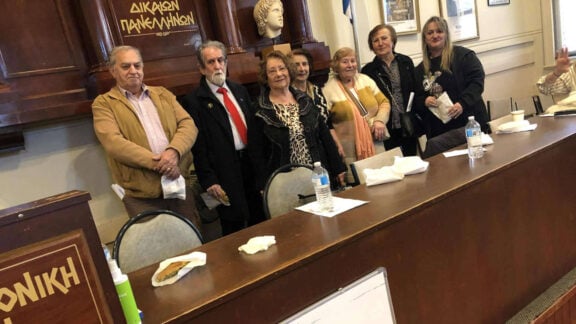There has been no shortage of commentary on the risks in the global economy and the imbalances, institutional deficiencies and under-regulation that sent the global economy into a tailspin just five years back.
But my experience as prime minister when Greece was in the eye of the storm has led me to believe that, although each of these challenges constitutes a major threat in its own right, each is a symptom of a deeper problem we have not yet had the courage to confront: inequality.
For the past three years, the World Economic Forum, a champion of capitalism, has identified income disparity as the biggest risk to the global economy. President Obama, too, recently pledged to commit the rest of his presidency to tackling inequality, what he called “the defining challenge of our time”. Such strong commitments are welcome and necessary.
Unfortunately, we are still moving in the wrong direction.
Policies intended to promote economic recovery after the financial crash have only widened the gulf between rich and poor. Today, the world’s richest 85 people control as much wealth as the poorest 3.5 billion – just one of many disturbing facts presented in the recent Oxfam report, ‘Working for the Few’. Since 2009, the wealthiest 1 per cent of Americans has captured 95 per cent of the income gains. In Greece, 505 people (or 0.05 per cent of the population) enjoy a combined fortune of roughly one-third of the country’s gross domestic product. Meanwhile, more than one-third of Greeks are now considered at risk of poverty or social exclusion.
This situation is morally, economically, and politically unsustainable. It calls for fundamental changes in how we measure economic progress and how we choose to define ‘recovery”.
But the long-term costs of inequality threaten more than our national economies. Social cohesion itself is at stake, as living standards decline and the building blocks of social mobility – universal education, healthcare, social security and collective bargaining – are stripped away. Without equal opportunities, most people will neither be able to share equitably nor work creatively in a dynamic, global economy. Likewise, far too few will gain from an uptick in global growth.
This de facto discrimination gives rise to a dangerous crony capitalist system, one that distorts economic development and corrupts our democratic institutions. Power and influence are consolidated and concentrated at the top, allowing public resources to be siphoned off for private benefit. Financial profits are privatised, while losses are socialised. Policies are alternately dictated by special interests and market panics.
Citizens are predictably alienated and frustrated by this lack of democratic legitimacy. Many see democracy itself as bankrupt and prefer to abstain. Others turn to extremist groups, fuelling the increasingly toxic polarisation of politics.
Our democracies were not designed to function effectively or equitably under a global economy. That’s why measures to promote post-crisis economic recovery must be matched with policies to promote democratic recovery, redistributing not just wealth but power to our citizens. Referendums, citizen juries, decentralised power and e-democracy are just some of the tools available to empower our societies.
But rebuilding trust in democracy is not just about ensuring participation. Alongside progressive taxation and a living wage, one simple way to restore a sense of social equality and social justice in a global economy is the introduction of a financial transaction tax. Financial institutions would be wise to realise that investing a tiny fraction of their profits in the public good is in their interest: more jobs means higher productivity, and greater social equity means less economic and political volatility.
To those who claim that unfettered capitalism is a social good, and that reducing inequality is futile, Pope Francis recently sent a powerful message worth heeding: “I ask you to ensure that humanity is served by wealth and not ruled by it.” This should be the goal of any leader with an interest in the long-term prosperity and sustainability of our global society.
*George A. Papandreou is the president of Socialist International and former Prime Minister of Greece (2009-2011).
Advertisement
Inequality is putting democracy at risk
In Greece, 505 people enjoy a combined fortune of roughly one-third of the country’s GDP






